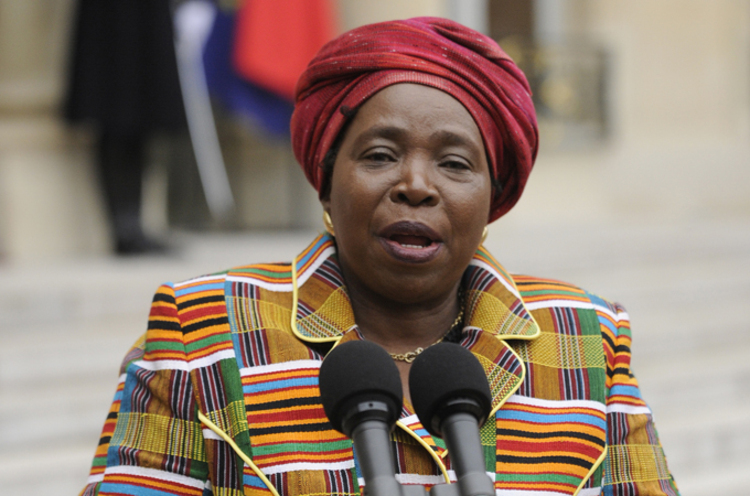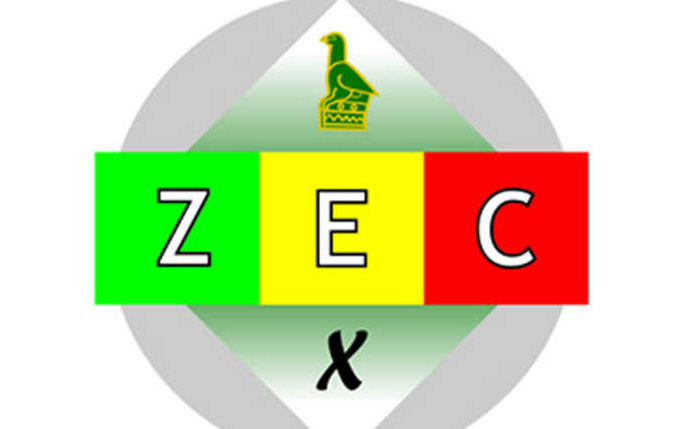Self-service: A convenience we seem not ready for
Delta Milayo Ndou #DigitalDialogue
The concept of digital self-service in Zimbabwe has largely been manifested through mobile applications as numerous businesses ensure that functions on the apps allow customers to serve themselves without the intervention of customer care personnel. The convenience of using mobile apps for self-service is evident — customers get answers at the touch of a button, they can monitor their accounts, get information on products and track transactions — anytime, anywhere and without any hassle.
What’s not to love?
My observation has been that mobile apps are not as widely adopted as one would expect from people who are all too familiar with the torment of queuing to be served.
If a mobile app can allow you to get a service you need, why would you prefer to engage customer care personnel for tasks that you are able to execute remotely, conveniently and without breaking a sweat?
Are customers not knowledgeable about how to navigate and use the mobile apps and how to respond to whatever automated prompts they get?
From Econet to CBZ and FBC, from DSTV to ZOL, and other businesses, the gospel of self-service has been spreading but how many of their customers are being converted?
Closely aligned with this self-service gospel is the wide adoption of digital payment platforms that have enabled customers to remotely settle bills and pay service providers at the click of a mouse or tap of a keypad.
How is it that the same people who have adopted mobile money and have grown accustomed to paying remotely for goods and services are reluctant to use mobile apps and other digital channels for customer service-related tasks?
Why would anyone choose to wait in a long queue (and of course complain about waiting in the long queue) to have customer services personnel execute simple tasks that they could have easily attended to via a mobile app?
Why are customers resisting eCare?
The benefits of digital customer care (eCare) have been identified as enhanced customer satisfaction, richer differentiation and higher brand advocacy.
Automated self-service can reduce and even replace costly call-centre activity, enable customers to access the information and answers they need and provide a more flexible, more personalised experience that helps customers learn and do more.
Given such benefits, one wonders why eCare uptake seems so low among Zimbabweans?
I have observed customers take to social media to complain about issues that are almost always available on the mobile apps or websites of the businesses at which the complaints are directed.
How come customers don’t access that readily available information? Could it be that using a mobile app or going on a website for answers is the kind of self-service that customers can’t be bothered with?
When I follow customer complaints on social media platforms about how “. . . you people have such terrible customer service, I asked you about x,y,z two hours ago and you still haven’t responded” — I am often surprised when it turns out that the “x,y,z issue” that the customer is complaining about is something they could have easily dealt with from their phone and within seconds.
Are we so averse to adopting technology that we would rather be inconvenienced than adopt self-service provided for in most mobile apps functions?
CBZ: all the best with those eCare centres
Earlier this month, I noticed a stream of images on the CBZ Twitter feed showcasing the self-service centres that the bank piloted across six branches countrywide and set up at a cost of $40 000 each.
That is a substantial investment indicating a firm commitment to providing eCare, which I hope CBZ clients (who are the intended recipients) will adopt. The CBZ eCare centres are designed to be cost effective for the customers offering free wifi and the digital devices necessary to execute any banking and transacting task without the intervention of banking staff.
From balance enquiries, doing internal transfers of funds, ZIPIT transactions, school fees and tertiary fees payments, payments for DSTV, ZESA and utilities as well as airtime purchases — the eCare centre is meant to facilitate all the above.
In a word, the eCare centres offer convenience but will CBZ customers adopt it? Earlier this morning a tweet by Econet caught my attention. The tweet read: “#SelfCare — No need to call 111 — Download the #MyEconetApp & enjoy #LiveChat with an agent + access a wide variety of self-care services.”
The message sounded familiar and I realised it is because I frequently see the message (or rather variations of it) on social media platforms from various businesses exhorting their customers to make use of their mobile apps and other digital platforms for convenient self-service.
I don’t get the impression, based on the avalanche of social media customer complaints, that the customers are paying heed to messaging that directs them to make use of eCare channels.
I could be wrong of course, but I wonder how many customers who download mobile apps from banks and other service providers go on to actually make use of them?
One would have thought that customers would enthusiastically adopt eCare initiatives because they offer more efficient ways to access information online and on mobile devices while providing seamless ways to switch to a live interaction, if necessary.
So far, it appears businesses are leading the way in introducing social and mobile tools for eCare, automated customer support and self-service tools (mainly via mobile app functions) but it appears customers are coming late to the party.
Delta is a digital evangelist, who advocates technology-driven solutions. Follow her on Twitter: @deltandou









Comments